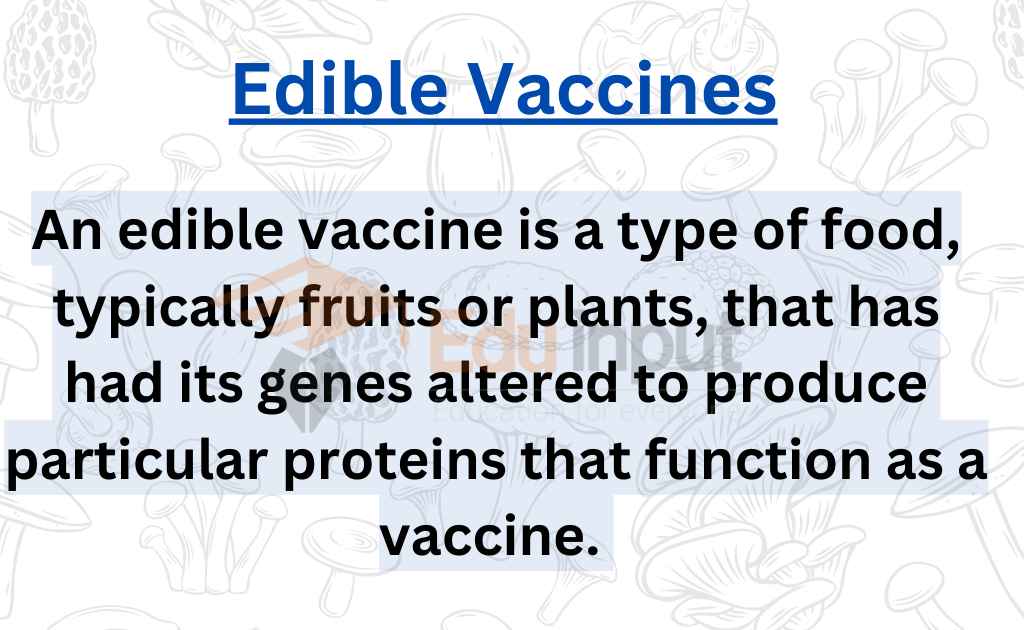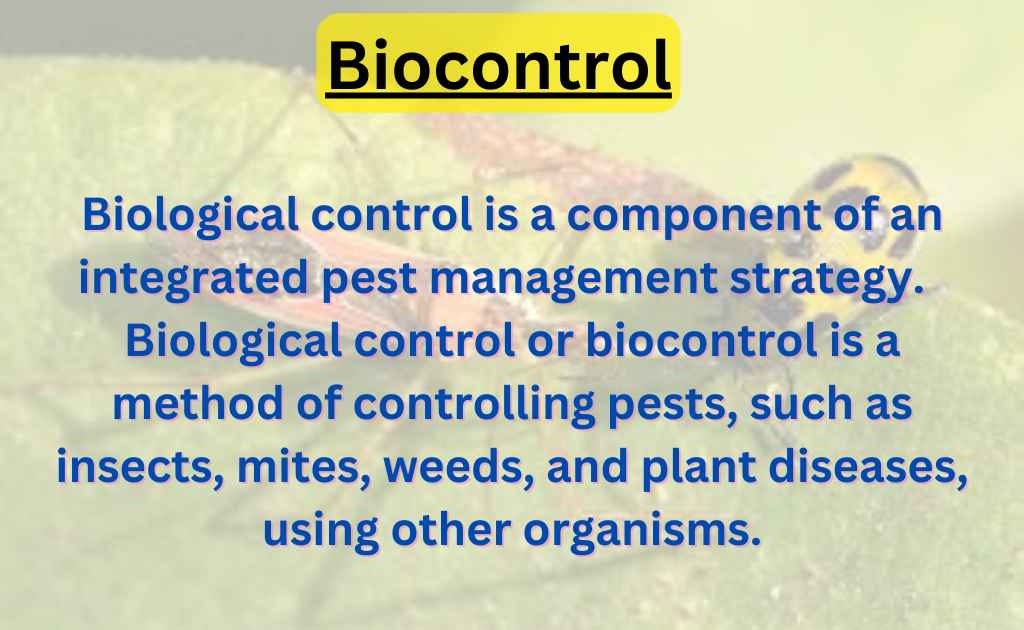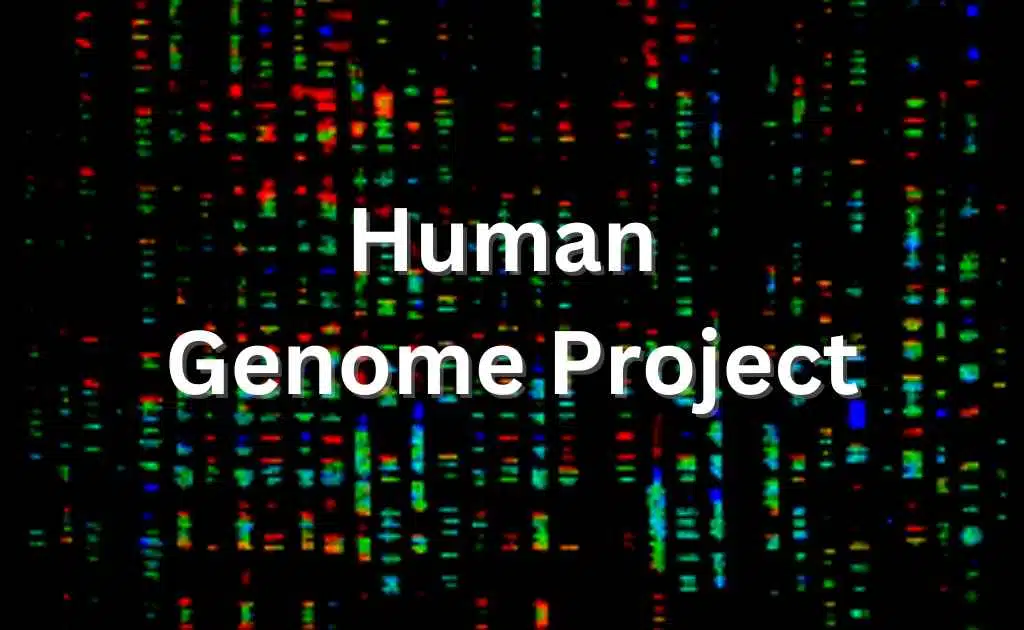What Are Edible Vaccines?-Advantages And Limitations
Edible vaccines are a type of food, typically fruits or plants, that has had its genes altered to produce particular proteins that function as a vaccine. Taking this food stimulates the immune system, specifically both the mucosal and humoral immune systems.
Biotechnology has revolutionized the medical field. Many applications of Biotechnology have made living more easier than ever before. One of the most significant applications of biotechnology is the production of edible vaccinations.

These vaccines are made by genetically modifying crops to include immunity for specific diseases. In comparison to traditional vaccines, edible vaccines are less costly to produce and do not have any negative side effects. However, there are limitations as edible vaccines are still being developed and more research is needed before they can be widely consumed.
Currently, there are edible vaccines available for hepatitis B, C, and E, cholera, foot-and-mouth disease, and measles.
What Are Edible Vaccines?
Making food-based vaccinations is a new strategy being developed by scientists to protect individuals from diseases. It is different from the traditional way of getting vaccines, which is done by injections.
These vaccines in food stimulate both mucosal and systemic immunity, providing a higher level of protection than traditional vaccines. The approach shows promising results as a safer, more accessible, and cost-effective way to deliver vaccines.
Rice and Maize have the potential to be used as edible vaccines as they can be stored for a long time.
Advantages Of Edible Vaccines
Biology has made it easy to immunize individuals against diseases. Edible vaccine production is a revolutionary step in the medical field. Here are some advantages of Edible Vaccines:
• Edible vaccines don’t need the extra help of subsidiary elements to protect against a disease
• Edible vaccines bring forth mucosal immunity
• They are cost-effective
• They do not need sophisticated equipment for their storage
• They are orally administered and do not require trained medical staff
• They offer greater opportunities for second-generation vaccines
• They can be scaled up rapidly by breeding.
Limitations Of Edible Vaccines
Production of Edible vaccines are providing alternatives to traditional vaccination methodology, but at the same time, it has many disadvantages. That’s the reason they still are not available publicly and have a few limitations that are given below:
• Dosage, quality, and consistency of the edible vaccine are still not determined
• It’s difficult to standardize the concentration of the antigen in the candidate plant tissue
• Long-term effects of edible vaccines are still unknown
• Use of pesticides on the plants can have negative impacts on both the vaccine and the consumer
• Some plants are not eaten raw and the cooking could weaken or destroy the proteins in the vaccine
• Gastric enzymes and the acidic environment of the stomach can break down the vaccine before it can activate an immune response
Latest Research In Field of Edible Vaccines
- Scientists explore plant-based edible vaccines as a potential alternative to conventional vaccines due to their lower production cost and ease of storage. Various plants have been successfully engineered to produce effective edible vaccines. [1]
- Scientists engineered a transgenic tomato genotype (TOMAVAC) that produces an S1 protein of SARS-CoV-2. Feeding TOMAVAC to mice increased RBD-specific NAbs in blood, suggesting immunogenicity and protectivity against COVID-19. TOMAVAC is a cost-effective, safe, and eco-friendly edible vaccine that provides two-layered protection against SARS-CoV-2.
- Scientists produced a plant-based edible vaccine in maize expressing F and HN immunogenic proteins against Newcastle disease virus (NDV). Chickens fed transgenic corn showed increased cytokine-mediated cellular immune responses and anti-NDV antibodies. The results suggest that transgenic maize can stimulate cellular immune responses similar to conventional vaccines. [3]
- Scientists are developing immunotherapeutic approaches to target neurodegenerative diseases (NDDs) by using plant-based vaccines. These vaccines have advantages such as scalability, low production costs, and no risk of contamination with human pathogens. Studies have shown that plant-made vaccines trigger immune responses in model animals and could offer reliable alternatives for preventing and treating NDDs like Alzheimer’s, Parkinson’s, and multiple sclerosis. This article overviews current progress and prospects for plant-manufactured vaccines for NDDs. [4]





Leave a Reply